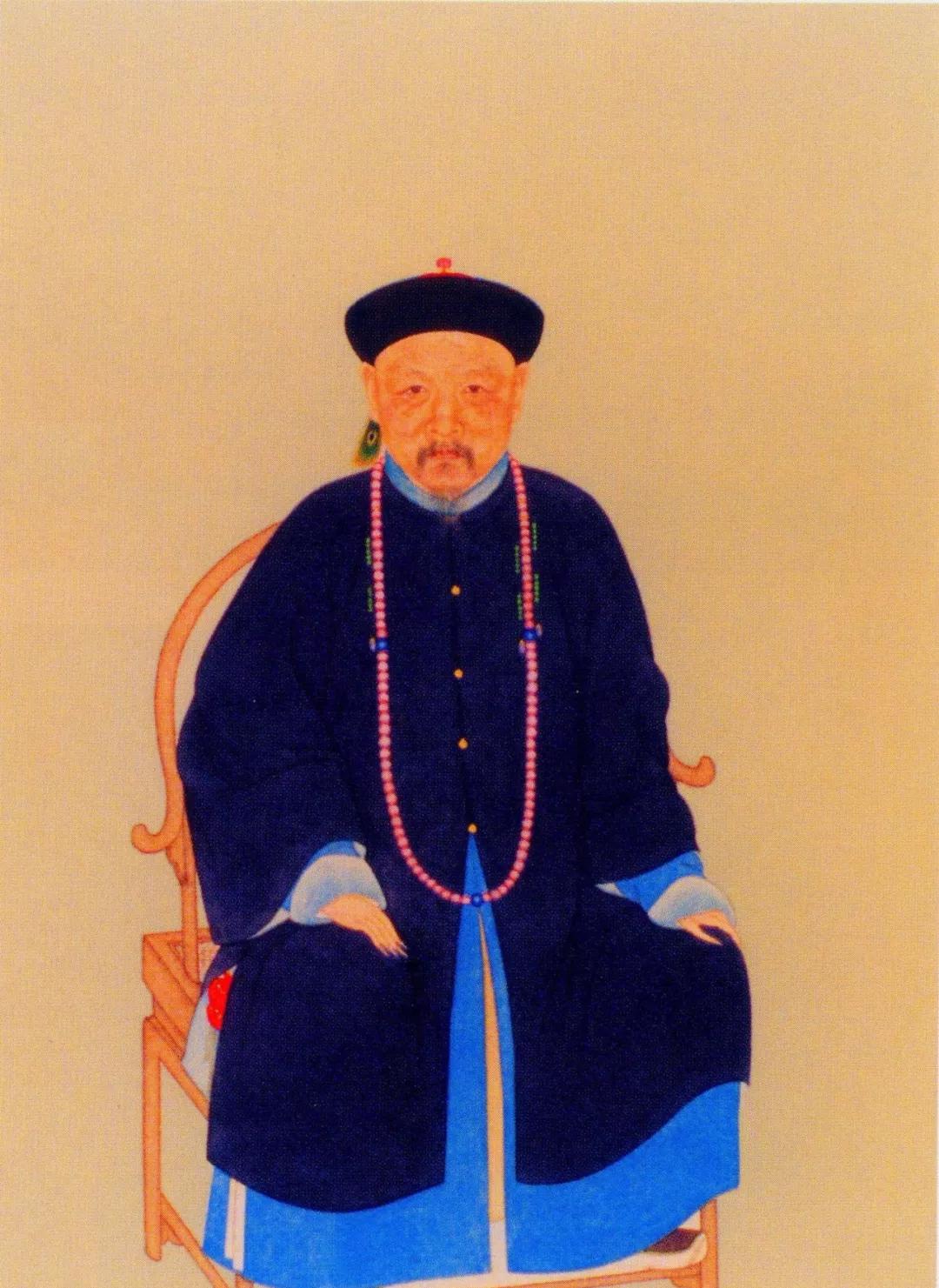
Statue of Li Wei
Li Wei was a famous minister during the Yongzheng period of the Qing Dynasty. In some literary works, film and television dramas, Li Wei is said to have been born poor, had no culture since childhood, and grew up to become a domestic slave of the Yong King's Palace, because the Yong Prince Yin Chan inherited the throne, and Li Wei was able to move smoothly.
The real Li Wei in history is not like this, the "Qing History Draft" records: Li Wei, zi you jie, Jiangnan Tongshan (now part of Dashahe Town, Feng County, Jiangsu), born in the twenty-sixth year of Kangxi (1687 AD) on the first day of the first month, his family was rich, Kangxi fifty-six years (1717), "into the staff as a foreign lang, replenishment department", that is, Li Wei's family spent money to buy him a lang official.
In the fifty-eighth year of the Kangxi Dynasty (1719), Li Wei was reappointed as Hubu Langzhong. In the first year of Yongzheng (1723), Li Wei was honored by the Yongzheng Emperor and promoted to the post of Zhili Yi (直立驿傳道) and envoy to the administration of salt affairs, and in the third year of Yongzheng (1725), he was promoted to inspector of Zhejiang, and later successively served as the governor of Zhejiang, the Shangshu of Bingbu, the Shangshu of the Punishment Department, and the governor of Zhili.
During his tenure as an official, Li Wei was upright and upright, not afraid of the powerful, diligent in government and loved the people, aware of the sufferings of the people, and deeply loved by the people. In the third year of Qianlong (1738), Li Wei died of illness at the age of fifty-one.
Li Wei's family lineage is not prominent, from the fifty-sixth year of kangxi (1717) to the fifth year of Yongzheng (1727), ten years, from a five-pin member of the foreign lang, all the way to the imperial court of a pin master, can be called an official miracle.
When Li Wei was serving as a Hubu Langzhong, he showed a straight and upright side, he managed the treasury silver affairs, and a certain prince's subordinates collected silver, and every one thousand taels were additionally charged ten or so called "Kuping silver".
Li Wei's repeated advice was ineffective, so he set up a cabinet in the corridor with the words "A certain king wins money." The implication that the prince's income was illegal was an illegal gain embarrassed the prince and eventually stopped the act of forcible plunder.
The Yongzheng Emperor, who was still a prince at the time, was very appreciative of Li Wei's behavior, and reused Li Wei after he took the throne.
Li Wei film and television image
During the early years of Yongzheng's administration of salt affairs, Li Wei severely cracked down on smuggled salt dealers. At that time, there was a salt dealer surnamed Shen who was powerful, with hundreds of thugs under his command, several large merchant ships, and often raided officers and soldiers, and his arrogance was very arrogant.
Li Wei sent his confidant Han Jingqi to fight with the salt dealers, and eventually arrested Shen Shi, and the rampant phenomenon of illegal salt was gradually controlled.
In the sixth year of Yongzheng (1728), thieves swarmed in the Jiangnan area, and local officials secretly colluded with the thieves, so they showed incompetence, and the imperial court sent Li Wei to oversee the Jiangnan robbery and strictly investigate the case of the Seven Provinces and Five Prefectures.
After Li Wei arrived at his post, after some investigations, he learned that local officials such as Fan Shixuan, the governor of Jiangnan, Ma Shiyan [héng], and Ma Kongbei, who were guerrillas, were harboring thieves. Li Wei did not favor favoritism and wrote a letter of impeachment against these lawless officials, causing Fan Shixuan and other officials to be removed from their posts and investigated.
When Li Wei was the governor directly subordinate to him, he punished corruption without fear of the powerful. In the eleventh year of Yongzheng (1733), the commander of the infantry army Orqi camped to harass the people, Li Wei wrote a letter to impeach him for illegal acts, and the Yongzheng Emperor pardoned Orqi because he was the younger brother of the famous minister Ortai, and at the same time rewarded Li Wei.
Yongzheng
In the second year of Qianlong (1737), Li Wei wrote a letter impeaching Prince Cheng's palace to guard Cook for illegal acts, after the investigation of the imperial court, Cook forcibly occupied the fields cultivated by the people of Anzhou, the situation was true, the Qianlong Emperor greatly praised Li Wei's behavior of enforcing the law impartially and not fearing the emperor's relatives and relatives, and specially rewarded the four regiments of dragons for their service.
In the third year of Qianlong (1738), Li Wei was seriously ill, and the Qianlong Emperor specially sent an imperial doctor to diagnose and treat Li Wei, but he was already terminally ill and died soon after, and the Qianlong Emperor buried Li Wei with the etiquette of the governor and gave him the title of Minda.